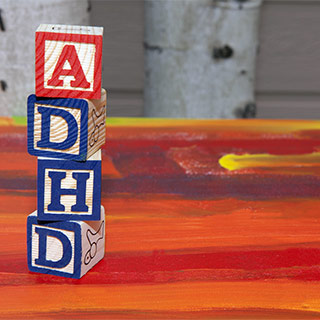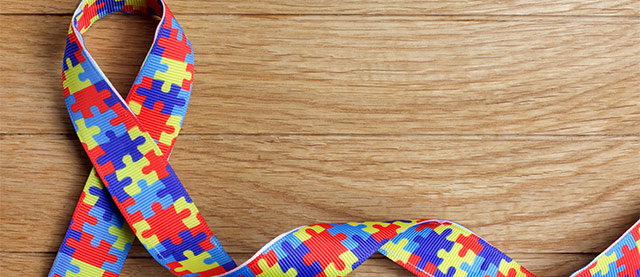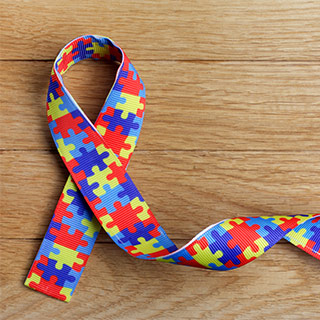Developmental disorders typically appear within the first few years of life, and can affect social interaction, daily living, academic prowess, or job-related skills. With early diagnosis and intervention, students can receive the supports they need to succeed in elementary, middle, and high school. Although the supports available in a college setting differ from those in primary and secondary school, there are still a variety of options to help students succeed. In fact, many colleges now offer specialized programs with extra supports (like one-on-one meetings with advisors, specialized classes to strengthen academic skills, and early class registration) for students with developmental disorders and other disabilities.
Developmental disorders are a group of disabilities that typically appear in early childhood and affect self-care and social, academic, and occupational skills. Autism spectrum disorder, attention-deficit/hyperactivity disorder, learning disabilities, and tic disorder are all categorized as developmental disorders. Early diagnosis, intervention, and treatment can greatly improve the chance of an individual overcoming or learning to manage their disorder so that they can function similarly to individuals without disorders. Public schools are required by the Individuals with Disabilities Education Act to provide accommodations and support to students diagnosed with disabilities.
Attention-deficit/hyperactivity disorder (ADHD) causes inattention, impulsivity, and/or hyperactivity, and can affect an individual’s performance in school. Often diagnosed after students begin elementary school, there are numerous treatments that can manage the symptoms of ADHD, including medication, therapy, and accommodations in the academic environment. Additional resources are available to students with ADHD attending college, provided that they disclose their disability to their institution. Those who don’t may benefit from maintaining a daily schedule and sticking to a routine.
The impairments caused by autism spectrum disorder (ASD) can range from mild social deficits to a severe inability to take care of oneself or interact with others. ASD disproportionately affects males, but it’s not unheard of in females. Fortunately, treatment with medication, therapy, and/or accommodations in the classroom can allow students with ASD to succeed academically and beyond. Support in the school system, usually involving an Individualized Education Plan or a 504 Plan is integral to achieving the best outcome.
Learning disabilities affect an individual’s reading, writing, and/or math skills, and can be difficult to spot before a student enters school. Often, learning disabilities are mistaken for lack of intelligence or effort on the student’s part, but this misconception can damage a student’s self-esteem and lead to further academic deficits. Once diagnosed, students can receive a variety of accommodations in the classroom which can help them compensate for their academic deficiencies and ultimately be successful. With careful planning and preparation, students with learning disabilities can smoothly transition to a college environment.










